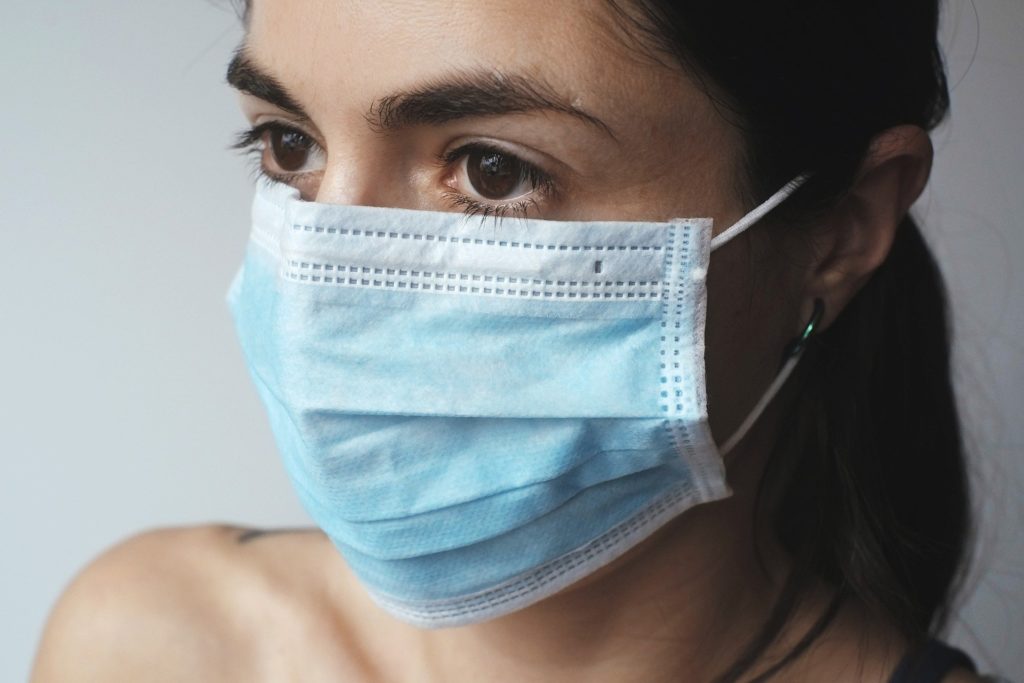
A new national study published in Psychiatric Services finds that over a quarter of US adults with depression or anxiety symptoms reported needing mental health counseling but were not able to access it during the COVID-19 pandemic. Researchers analyzed data from nearly 70,000 adults surveyed in the US Census Household Pulse Survey in December 2020.
“Social isolation, COVID-related anxiety, disruptions in normal routines, job loss, and food insecurity have led to a surge in mental illness during the pandemic,” said lead author, Jason Nagata, MD, assistant professor of pediatrics at the University of California, San Francisco.
Nearly 40% of adults in the study reported depression or anxiety symptoms during the pandemic. Overall, 12.8% of adults reported an unmet need for mental health counseling, including 25.2% of those who reported depression or anxiety symptoms. Women were nearly twice as likely to report an unmet need for mental health counseling than men. Young adults also were more likely to report an unmet need for mental health counseling than older adults.
“Women have disproportionately borne the burden of childcare and caregiving for older adults during the pandemic,” said Nagata. “Young adults have felt socially isolated and experienced high rates of job loss.”
“Medical professionals, social workers, and clinicians need to proactively take steps to screen for symptoms of anxiety and depression and help clients to access mental health care,” said co-author, Kyle T. Ganson, PhD, assistant professor at the University of Toronto’s Factor-Inwentash Faculty of Social Work. “Telepsychiatry and telemental health services can improve access for people with unmet mental health needs.”
“Patients have experienced several month waitlists for counseling or therapy during the pandemic,” said Nagata. “Policymakers should include more funding for mental health services as part of pandemic relief legislation and extend the use of telehealth to address the widespread unmet mental health needs of Americans.”